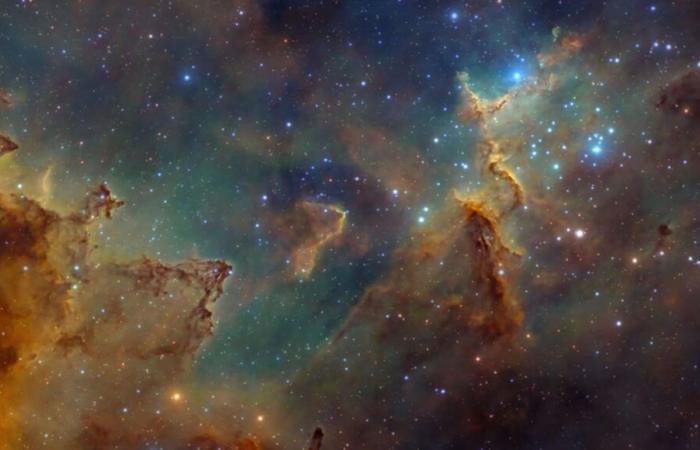Einstein’s theory of general relativity predicts that the expansion of the Universe slows down over time. However, since 1998, we have known that expansion has been accelerating for around 5 billion years. Two possible explanations: the existence of invisible dark energy or a necessary revision of the laws of gravity on a very large scale. Which one is the right one? Are both possible? This is what cosmologists have been looking for for around thirty years.
A spatial investigation
Thanks to the Dark Energy Survey, a new study compared the distortions of space and time caused by galaxies over several billion years. Result: distant observations confirm Einstein, but at more recent times, between 3.5 and 5 billion years, a gap appears. Is this disagreement enough to reject general relativity? Reply with Camille Bonvin, associate professor in the department of theoretical physics at the University of Geneva and co-author of this study published in Nature Communications.
They changed the world Listen later
Lecture listen 1h 01min






